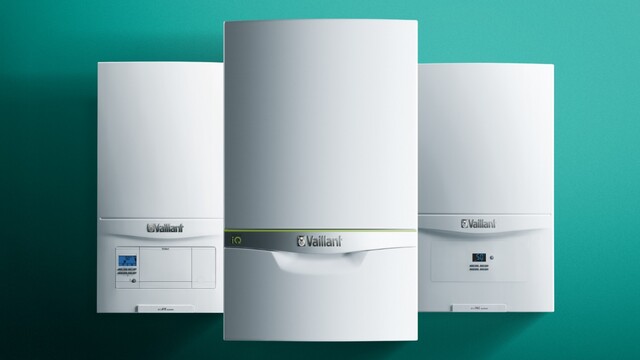If you’ve ever heard your boiler whistling when running hot water, you’re not alone. This phenomenon can be puzzling and even a bit concerning, but it’s a relatively common occurrence in many heating systems. As a boiler technician, I’ve encountered this issue numerous times. In this blog, I’ll share my expertise to shed light on the potential causes behind the whistling noise and offer practical solutions to address it. Understanding the reasons for the whistling can help you maintain your boiler’s efficiency and prolong its lifespan.
The Role of the Boiler in Hot Water Production:
If you are serious about keeping your boiler safe and working in the right manner, then your willingness is not wrong at all. Before we take a look at various things related to any technical defect, especially ‘Boiler Whistling When Running Hot Water’, we must take a look at the significance of hiring a top boiler technician. Indeed, finding and engaging a committed boiler engineer can be a priority for you. Your ability to conduct a survey and find the best boiler engineer can take you to the expert boiler engineers.
Actually, the heating process involves the use of burners, heat exchangers, and various components to achieve the desired water temperature. When everything operates smoothly, you have hot water on demand. However, when a whistling sound occurs during this process, it signals that something may be amiss.
Common Causes of Boiler Whistling When Running Hot Water:
- Water Flow Restrictions: One of the most frequent causes of whistling is a restriction in the water flow. This can occur due to mineral deposits, debris, or sediment buildup within the pipes or heat exchanger. The restricted flow of water can lead to turbulence and vibrations, causing the whistling noise.
- Water Pressure Issues: Insufficient or excessively high water pressure can also contribute to whistling. Low pressure may cause water to flow erratically, while high pressure can strain the system, leading to vibrations and noise.
- Faulty Pressure Relief Valve: The pressure relief valve is a critical safety component in the boiler. If malfunctioning, it may release excess pressure with a whistling sound. A faulty valve should be replaced promptly to prevent safety hazards.
- Air in the System: Air trapped within the pipes or radiators can create turbulence and whistling sounds when hot water flows through. Proper bleeding and purging of the system can alleviate this issue.
Solutions to Address Boiler Whistling:
- Flush the System: To address water flow restrictions caused by mineral deposits or sediment, consider flushing the entire system. Regular maintenance and periodic flushing can help prevent such issues.
- Check the Pressure of Water inside the Device: Ensure that the water pressure in your boiler system is within the recommended range. Adjusting the pressure of water in the device can be a priority. The experts advise not to do it yourself. Here, the involvement of the best boiler engineers can be a priority for you.
- Inspect the Pressure Relief Valve: If the whistling is related to a faulty pressure relief valve, have it inspected by a professional technician and replaced if needed.
- Bleed the System: If air is trapped in your heating system, bleed the radiators and pipes to release the trapped air. This can help eliminate the whistling noise.
- Regular Maintenance: Perform routine maintenance on your boiler system to prevent issues before they occur. Regular checks by a qualified technician can help identify and address potential problems.
The Bottom Line:
Boiler whistling when running hot water can be a source of concern, but it’s often a solvable issue. Here, you need to keep in touch with the experts at the help desk of the best companies that have a decent team of boiler engineers. You must do well to reach the experts at the help desk of Vaillant Boiler Service Experts Notting Hill. Your association with the most knowledgeable boiler engineers can fix all the issues related to your boiler.


